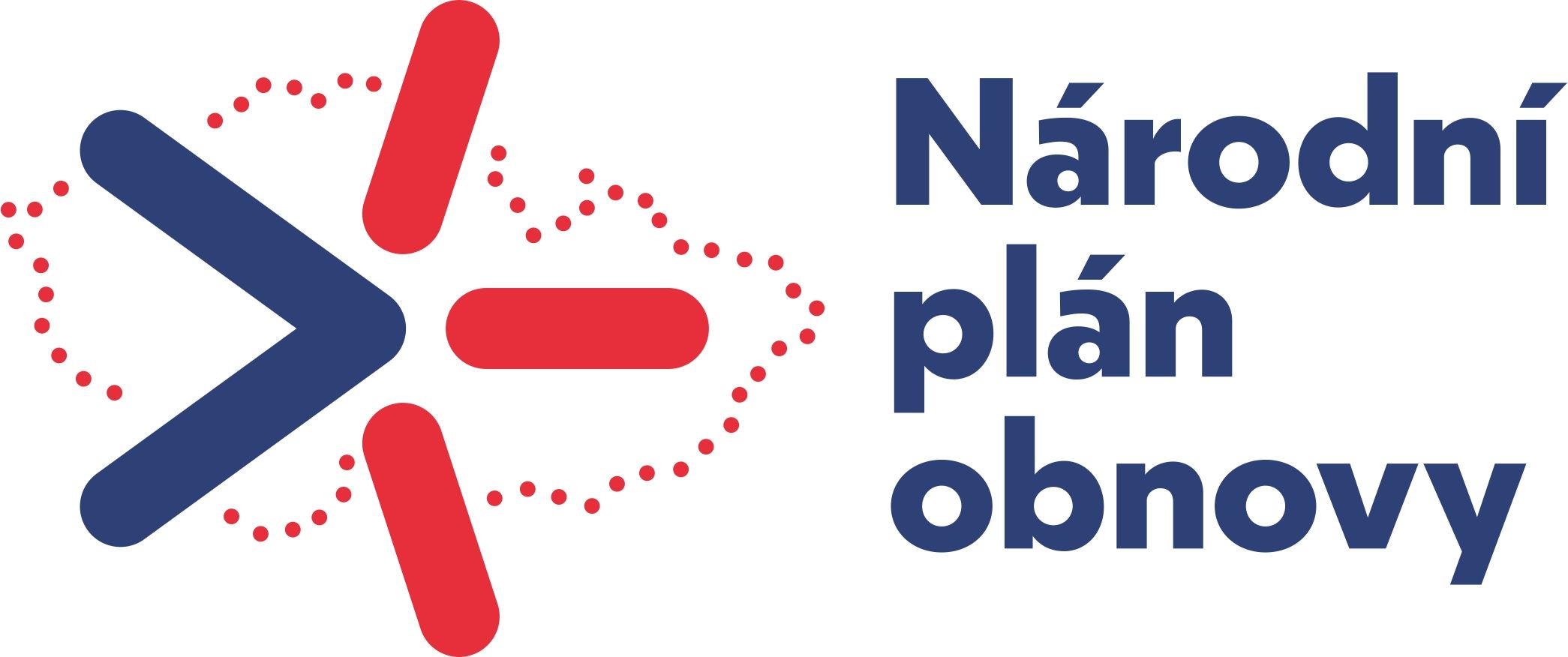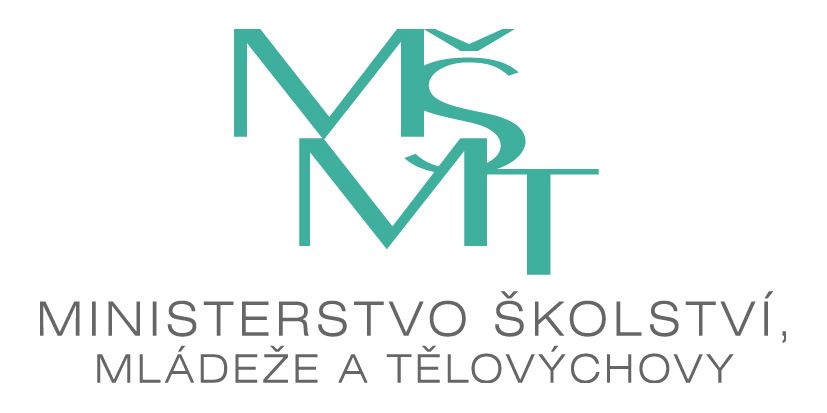
Functional genetics and bioinformatics
Master program
Department of Molecular Biology and Genetics, Faculty of Science, University of South Bohemia, České Budějovice, Czech Republic
The application process is now open!
Applications open: February 2025
Application deadline: 28 May 2025
Online interview: 16 -19 June 2025
Start date: September 2025
Duration: 4 semesters
In person on-site
-
The new 2-year Master's study program Functional genetics and bioinformatics was created with support of the National Recovery Plan for Higher Education for 2022-2024 (NPO Trasformace-JU, reg. č. NPO_JČU_MŠMT-16608/2022) to increase the career prospects of our graduates by implementing rapidly developing new technologies changing both the field and the global labor market.
The program offers four different specializations:
Functional genetics and bioinformatics: Bioinformatics
Functional genetics and bioinformatics: Biotechnology
Functional genetics and bioinformatics: Human molecular genetics
Functional genetics and bioinformatics: Molecular cell biology and genetics -
The new technologies increasingly require graduates to be adept at performing and analyzing experiments generating large data sets and to be able to translate their findings into meaningful biological results supported by a high level of theoretical knowledge. The main goals of the new study program are to expand the knowledge of students in the field of modern biological research on a theoretical and practical level and thus prepare them for future occupations in applied research and development in the industrial, agricultural, clinical or service sectors (e.g. in pharmaceutical or biotechnological industry or clinical diagnostics) and to positions in academic research (e.g. by continuing to doctoral studies).
-
Graduates of the program will acquire modern skills and knowledge in the field of so-called omics methods (i.e. high-capacity analysis of the genome, transcriptome, proteome or metabolome) and genetic engineering, which represent a technological revolution in biological research and increasingly contribute to breakthrough discoveries in biology and medicine. Graduates of the program will also be able to use or even develop bioinformatics tools for the analysis of large biological data produced by the omics approaches. Studies in the new program will be conducted entirely in English, which will increase the international competitiveness of its graduates and the attractiveness of studies for foreign students. Students will thus be educated in an international and multidisciplinary environment that will better reflect the reality of work in an increasingly globalized and integrated world economy.
-
Emphasis is placed on the support of independent scientific work and independent critical thinking within the framework of experimentally oriented diploma thesis, which can stand a rigorous professional evaluation and can be the basis for scientific publications. Experimental diploma theses focus mainly on the areas of interest of scientific groups associated under the Department of Molecular Biology and Genetics (Faculty of Science) and closely cooperating institutes of the Biology Center of the Czech Academy of Sciences (CAS) and the Centre of Algal Biotechnology of the Institute of Microbiology CAS. These areas include characterization of molecular and cellular processes (photosynthesis, metabolism, immunity, and cell signaling) and studies of development, genome organisation and molecular evolution in both classical models and non-model organisms.
-
A prospective student should have background in biology, biomedicine or biochemistry and complete in their previous undergraduate studies basic courses of biochemistry, genetics, cell and molecular biology and practical training in basic molecular biology methods.



